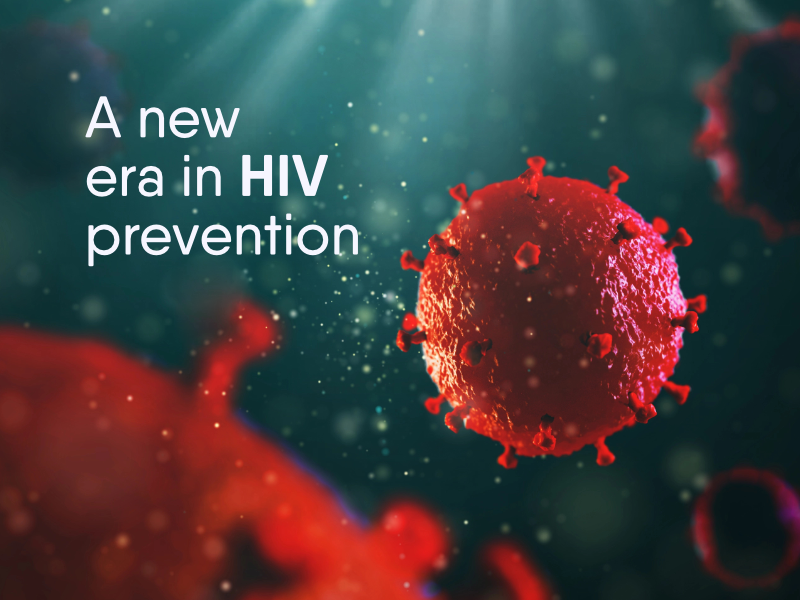Have you been through a traumatizing event? Feeling stressed and anxious? Here is what to do;
- Byon8 Team
- Aug 5, 2021
- 2 min read
Updated: Jan 29, 2022
Author: Dr. Blaise Ntacyabukura
During the initial month following exposure to a traumatic event such as threatened death, serious injury, serious illness, or sexual violation, many people often experience severe stress reactions referred to as Acute stress disorder (ASD).
On average, ASD happens to:

ASD is just the beginning though. If nothing is done, each of these circumstances leads to a subsequent posttraumatic stress disorder (PTSD) after four weeks of symptoms following exposure to trauma.
ASD typically presents itself with severe levels of re-experiencing and anxiety in response to reminders of the recent trauma. These reactions tend to be readily activated by many occurrences and situations and often lead to generalized fear and vigilance for further threats. Additionally, people with ASD also develop dissociative symptoms such as impaired consciousness, memory, identity, or awareness of body, self, or environment.
ASD is purely a mental health disorder, and its diagnosis involves using appropriate assessment instruments to distinguish it from other mental illnesses such as panic disorder and adjustment disorder.

The first-line treatment is trauma-focused cognitive-behavioral therapy (CBT), provided by psychologists and psychiatrists, or simply, mental health therapists. However, medications are usually offered for symptoms of anxiety, agitation, and sleep disturbance.
Additionally, here are some recommended coping techniques. They demand a lot of work, and they are effective only when incorporated into a daily routine. Example of coping techniques:
Physical exercise
Meditation and deep breathing
Spend time with pets
Social and religious activities
Music
Playing games
Progressive relaxation
In our doctor app BYON8 app, we help you access mental health care from licensed and experienced therapists. We help you with CBT, coping mechanisms, and prescriptions when required. Never hesitate to seek care after experiencing trauma or if you feel depressed or generally stressed. Your mental health is the key to your happiness.
Until next time, stay safe.
Source:
Barton, K. A., Blanchard, E. B., & Hickling, E. J. (1996). Antecedents and consequences of acute stress disorder among motor vehicle accident victims. Behaviour research and therapy, 34(10), 805–813. https://doi.org/10.1016/0005-7967(96)00027-7
Harvey, A. G., & Bryant, R. A. (1999). Predictors of acute stress following motor vehicle accidents. Journal of traumatic stress, 12(3), 519–525. https://doi.org/10.1023/A:1024723205259
Harvey, A. G., & Bryant, R. A. (1998). Predictors of acute stress following mild traumatic brain injury. Brain injury, 12(2), 147–154. https://doi.org/10.1080/026990598122773



Comments